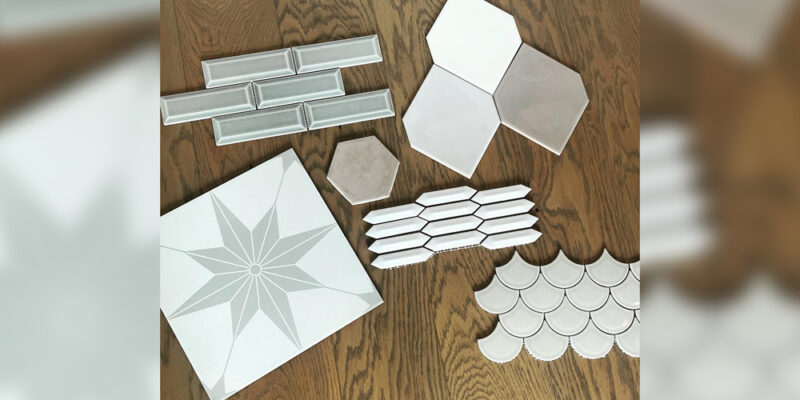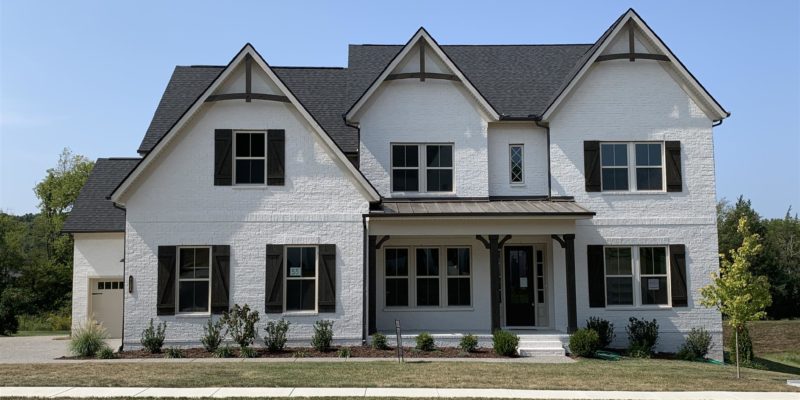If you’re reading this blog entry, you’re likely past the architectural design process and ready to dive into that pesky pre-construction phase. We bet you’re full of questions.
With an organized builder on board, your pre-construction phase will be full of progress, even though a good majority of that progress will be accomplished behind the scenes. You might be wondering what your builder is up to, but rest assured that his or her to-do list is long. Between HOA approvals and city permits to obtain, utility orders to settle on, potential constructability issues to solve, selections to decide on, builder’s risk insurance to quote, a project schedule to organize, subcontractor agreements to execute, key trades to line out, and a budget to refine within each individual section of your project…your builder has full hands.
In this article, we’ll dig into a few of these To-Do list items to put your mind at ease and give you a glimpse of how your builder is laying the groundwork for a successful custom home building experience for you and yours…and from start to finish!
1. Creating (and Following) a Pre-Construction Timeline
Your custom builder should create and send you a pre-construction timeline during this time. This will allow you to hold your builder accountable after the construction phase begins. While every pre-construction timeline is different…just as every home and location and client is different…a good builder will work overtime to make sure you are comfortable with the way things are going. Your pre-construction timeline should generally include target deadlines for the following:
- Completion of structural engineering
- Creation of comprehensive construction budget
- Completion of various surveys, drainage plans, MEP plans, etc.
- Submission to HOA for approval (and expected approval date)
- Submission to city for building permit (and expected permit date)
- Creation of comprehensive selections schedule
- Execution of sub agreements
- Kick-off meeting with key subs
- Preliminary site work (tree removal, temporary fencing, etc.)Keep in mind that these deadlines are TARGET deadlines, not hard deadlines. Your builder’s successes in this stage should be measured not in the exact execution of these dates but rather in the effort of organizing his or her team and responsibilities in order to efficiently and effectively get your home to the starting line.
2. Creating a Clear Selections Schedule
This is of INCREDIBLE importance because making as many selections as possible up front sets your home’s construction up for some serious success. During the pre-construction phase, your builder should provide you with a detailed list of selections and will need your selections to be made before breaking ground. This way, the builder, the interior designer, and you as the homeowner know far in advance what to expect during and after construction. It’s a win-win-win! Some of the selections you’ll be making during this time include:
- Windows
- Exterior doors
- Roof
- Appliances
- Plumbing
- Interior beams
- Fireplace details
- Interior flooring
- Floor plug locations
These selections listed here impact your future home’s structural foundation, and architectural design, as well as the plumbing groundwork and electrical plan. Choosing them ahead of construction is the only way to go.
3. Create a Project Schedule
In addition to the above steps, it is imperative that your builder create a customized construction schedule prior to breaking ground. Doing so provides their team and network of subcontractors a roadmap of accountability and follow through. Review your project schedule with your builder so that you fully understand how the construction of your home will progress as time goes on.
The pre-construction phase may not be the most fun, but it is of vital importance. The efficiency with which your builder works during this phase will have an enormous impact on the rest of your home building journey. We wish you the best of luck!


